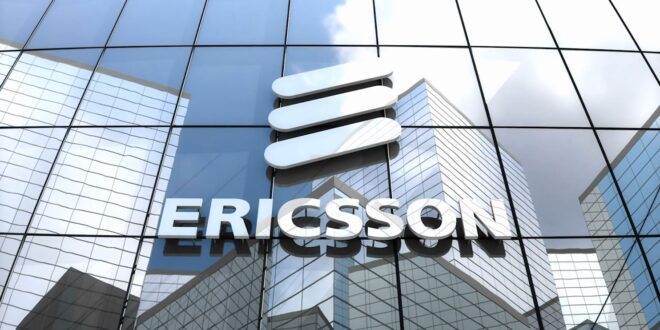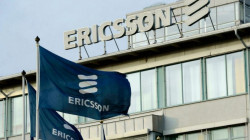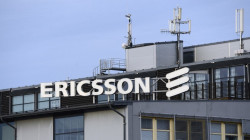Revealed: leaked files show how Ericsson allegedly helped bribe Islamic State

Shafaq News / Confidential documents have revealed how the telecoms giant Ericsson is alleged to have helped pay bribes to the Islamic State terrorist group in order to continue selling its services after the militants seized control of large parts of Iraq.
The leak of internal investigations at Ericsson, which also found that the firm had put its contractors at risk and allowed them to be kidnapped by the militants, is potentially damaging for the multinational.
In addition to the findings about the alleged payments to IS, the investigations uncovered allegations the company was involved in corruption in at least 10 countries across four continents.
That would suggest a pattern of wrongdoing by Ericsson that is far wider than what the telecoms giant publicly admitted to in 2019, when it entered into a $1bn (£750m) settlement with the US Department of Justice (DoJ).
Ericsson, which is headquartered in Stockholm, employs 100,000 people and sells telecoms equipment in 180 countries. It plays a leading role in developing the next generation of 5G mobile phone technology in the UK.
Two weeks ago, Ericsson’s stock price plunged by 14% when, alerted to the fact media organisations had been leaked the internal reports, it released a public statement admitting to “serious breaches of compliance rules” in Iraq between 2011 and 2019.
Since then the telecoms firm has been bracing for the full disclosure of the reports, which were leaked to the International Consortium of Investigative Journalists (ICIJ) which then shared them with media partners including the BBC, the Washington Post and the Guardian.
The leaked documents, running to 101 pages, were produced in 2019 and 2020. They record the results of internal investigations commissioned by Ericsson into alleged corruption by the company around the world.
Investigators concluded that the multinational firm was likely to have been involved in channelling bribes to IS to allow its products to be transported across parts of Iraq that were held by the terrorists.
The payments were made through a slush fund run by contractors working for the Swedish multinational, according to the investigators.
After questions from journalists about the leaked documents earlier this month, Ericsson appears to have sought to get ahead of a public relations crisis by publishing the statement on its website partially admitting to the investigators’ findings.
Source: The Guardian



